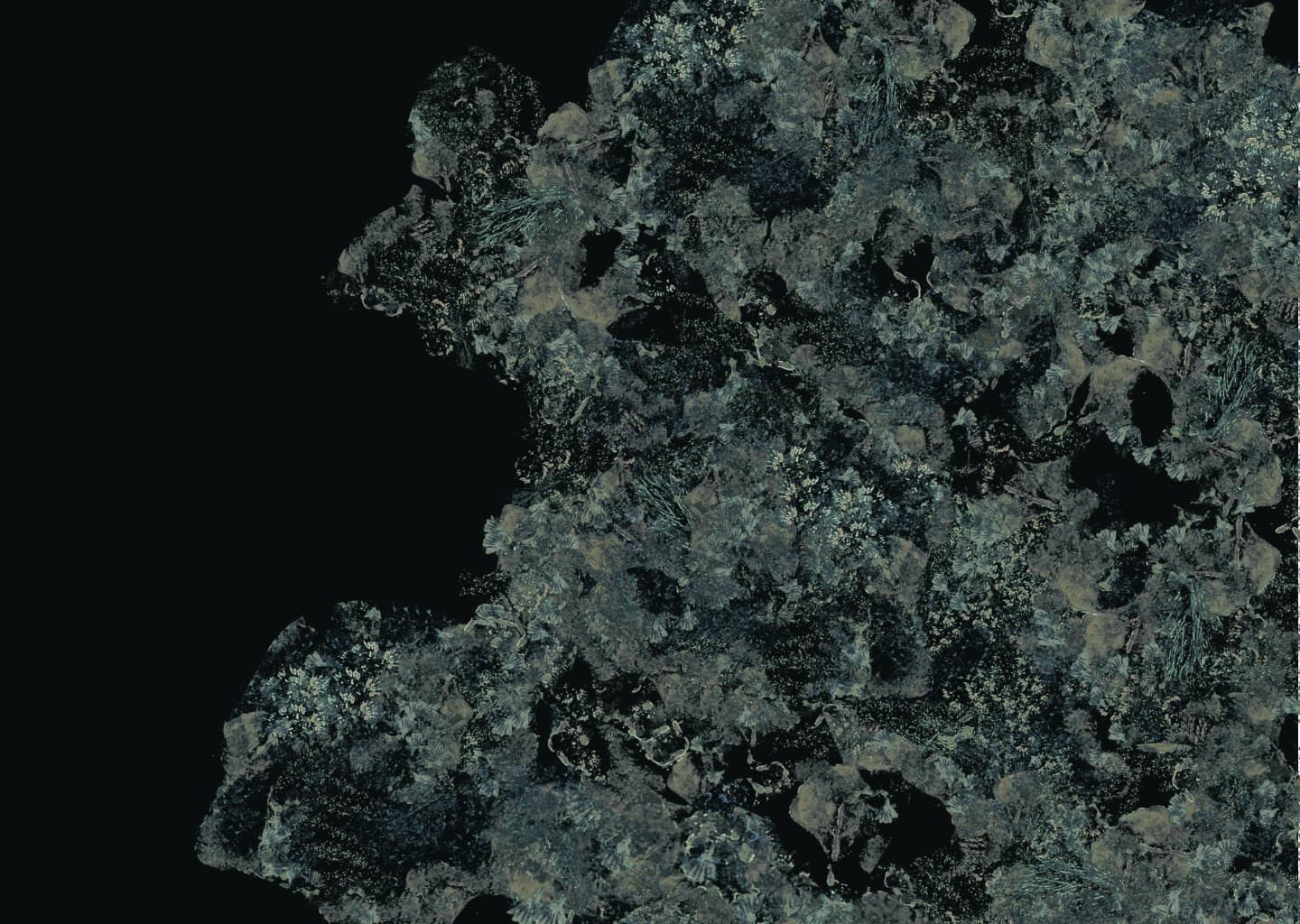Purpose-led (Eco)Systems Design
& Software Engineering Studio
Technologies & Protocols for a Thriving Planetary Ecology
Cape Town, South Africa
“A rhizome has no beginning or end; it is always in the middle.”
Arkology Studio is a purpose-led systems design & software engineering studio.
We’re building digital technologies and protocols for the Commons—grounded in a relational, pluralistic, and regenerative ethics.
